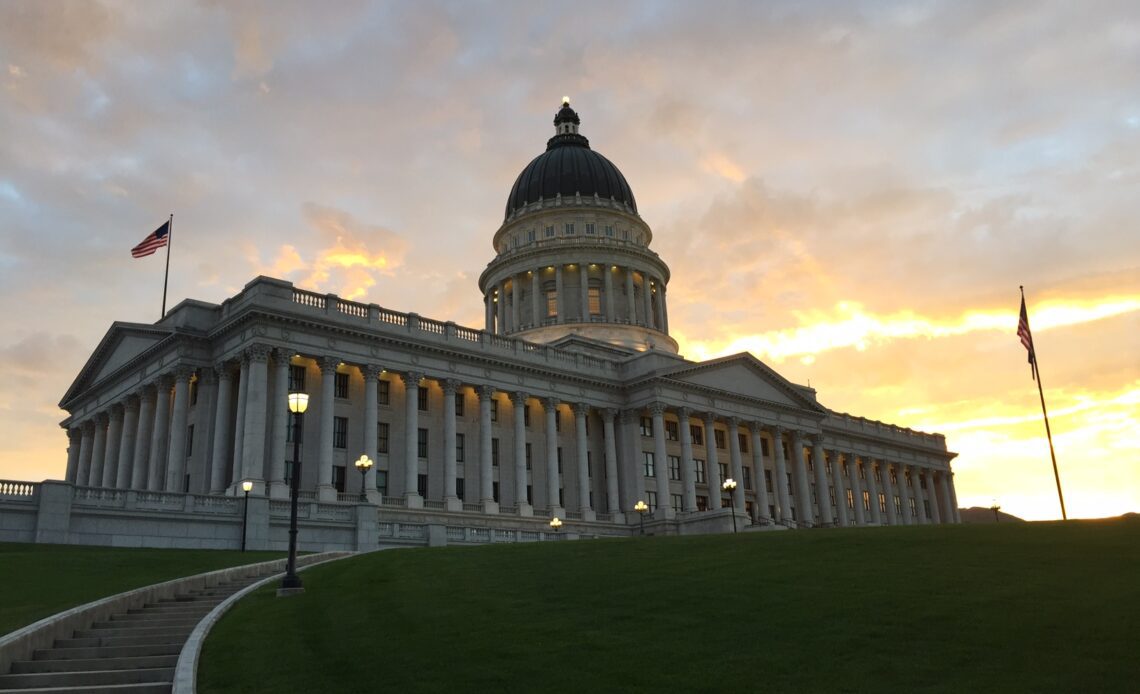In March, the Utah State Legislature passed the Utah DAO Act, granting legal recognition and limited liability protections to decentralized autonomous organizations (DAO) in the state.
DAOs by default are not recognized as legal entities, and giving these organizations legal status in Utah could help clear up regulatory concerns.
David Lemke, chief financial officer at crypto wallet Giddy — and member of Utah’s Blockchain and Digital Innovation Task Force — and Utah Representative Trevor Lee both authored the bill before it was presented to the Utah State Legislature.
“Our goal was to create a regulatory framework that supports the growth and development of DAOs in Utah,” Lemke told Cointelegraph, adding, “The Act allows DAOs to become a legal entity, apply for a tax ID number, open a bank account, own property, deal with non-DAO businesses, run payroll, and exist in the ‘real’ world as opposed to on-chain only.”
Lemke and Lee sat down with Cointelegraph to talk about how the law came into effect and what they think it means for the future of the crypto industry in Utah.
How the Utah DAO Act came to be
So, what were the origins of the Utah DAO Act, and how did Lemke and Lee bring this legislation to life?
According to Lemke, there was a “need for a regulatory framework that supported the growth and development of DAOs” and that industry particapants wanted to set better standards and protections for DAOs and tokenholders.
The Utah DAO Act, per Lee, was the result of a long effort from the state’s Blockchain and Digital Innovation task force — which got its stamp of approval from the governor in May 2022 — to create a “regulatory framework that supports the growth and development of DAOs in Utah.”
Lemke said that the task force “was ground zero” for developing new language for the law. In addition to legislators, members also included local attorneys who consult with DAOs and “members of Web3 companies here in Utah who either are in DAOs or work closely with DAOs.”
Initially, the task force researched laws pertaining to DAOs from around the world and applied them to its first drafts of the Utah DAO Act. The task force started meeting regularly during the summer of 2022 to discuss and revise the bill internally.
By early this year, the bill had been ready to take to lawmakers at the committee level. “The law was discussed within the task force as a whole and as a subcommittee,…
Click Here to Read the Full Original Article at Cointelegraph.com News…
























